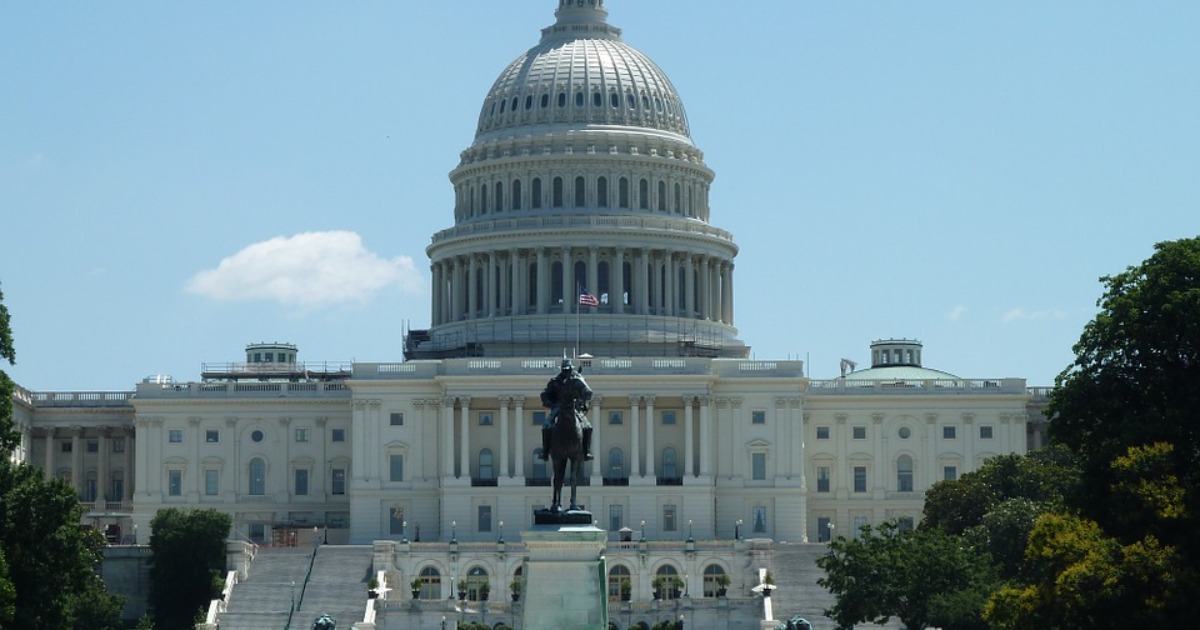The Decline of the West
This summer will mark the centenary of the appearance of the first volume of Oswald Spengler’s influential The Decline of the West.
April 17, 2018

This summer will mark the centennial of the appearance of the first volume of Oswald Spengler’s influential “The Decline of the West” (Der Untergang des Abendlandes). The book was first published in 1918, when the First World War was in its last throes.
A hundred years onward, there is again a widespread sense that we are witnessing the decline of the West – and even more so than that of the relatively liberal world order that it erected.
The German thinker rejected the Eurocentric division of history into ancient, mediaeval and modern. He emphasized the transition of what he called the “high cultures” through four essential phases: Youth, growth, flowering and decline.
Spengler was wrong, of course. The First World War led to the rise of the United States to global pre-eminence and later to its superpower status after the Second World War.
It also doesn’t fit the Spenglerian world view that China, with its Communist party regime and mixed economy, is carving out a place in the modern world that is even more important than it had prior to 1870. This comeback from the moribund is all the more perplexing as China, in its rise, has been able to take advantage of the liberal order and Western-led globalization.
Forfeiting its dominance
The West has currently outlived Spengler’s book by 100 years. But it is forfeiting, or is going to forfeit, its dominance, particularly in the context of the rise of China.
Even within the West, there are tensions between the United States and some of its partners and allies. The latter are reluctant to recognize that the United States has changed and hope that Trump will prove a passing phenomenon.
But clearly, even if it is not for the reasons divined by Spengler, the West appears to accelerate its decline.
The Iranian-Canadian philosopher Ramin Jahanbegloo, in his recent “The Decline of Civilization,” published 100 years after Spengler, goes further.
He argues that we are witnessing a process of the “de-civilization” of society. To him, that does not mean the absence of civilization, but rather “a senseless and unreflecting state of civilization.” The resulting “empathy deficit” captures not only the West, but the world in general.
Editor’s Note: Adapted from Andres Ortega’s Global Spectator column, which he writes for the Elcano Royal Institute.
Takeaways
This summer will mark the centenary of the appearance of the first volume of Oswald Spengler’s influential The Decline of the West.
The West has currently outlived Spengler’s book by 100 years. But it is forfeiting, or is going to forfeit, its dominance, particularly in the context of the rise of China.
Even within the West, there are tensions between the US and some of its allies. They are reluctant to recognize that the US has changed and hope that Trump will prove a passing phenomenon.
